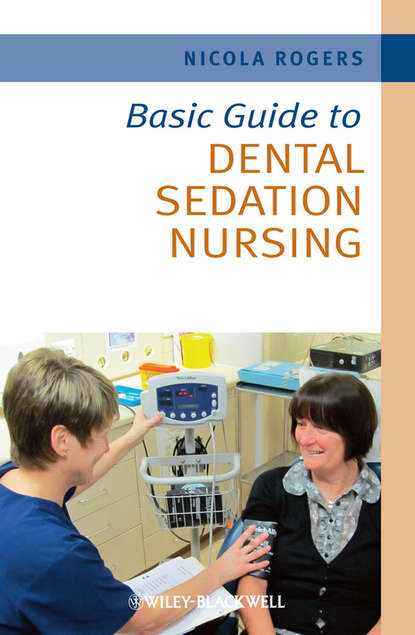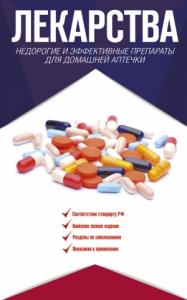
Basic Guide to Dental Sedation Nursing скачать fb2
Nicola Rogers - Basic Guide to Dental Sedation Nursing краткое содержание
Sedation is a procedure that makes use of sedative medications to produce a relaxed experience for the patient. The central nervous system (CNS) is affected through the use of drugs, including tranquilizers and anxiolytics, that can be administered to the patient in several ways. Sedation dentistry has several benefits, both for dentists and patients. For patients, it can mean freedom from anxiety or fear during dental procedures. In cases where a patient has not been able to undergo dental treatment for many years because of this fear, sedation dentistry allows him to have several years' worth of dental treatment in just a few sessions. For dentists, sedation dentistry facilitates the easy performance of dental procedures. Patients are likely to be more cooperative under the relaxing effects of sedation. Treatments can also be quicker, because a number of procedures can be performed in a single session. Dental nurses play a vital role in assisting the dentist in the routine sedation of patients. In acknowledgement of this, the NEBDN run a post-qualification certificate in Dental Sedation Nursing that provides the dental nurse with the theoretical knowledge and practical skills required to carry out their role safely and competently. The ‘Basic Guide to Dental Sedation Nursing' is a must have book for all dental nurses seeking to develop their knowledge and understanding of this core area of clinical practice. Written in a clear and accessible style, chapters reflect the Certificate in Dental Sedation Nursing syllabus with chapters on such key topics as legal aspects, anatomy, equipment, patient assessment, types of sedation, medical emergencies and resuscitation. Illustrated in full colour throughout Handy format for easy reference and portability Evidence-based
Чтобы оставить свою оценку и/или комментарий, Вам нужно войти под своей учетной записью или зарегистрироваться



